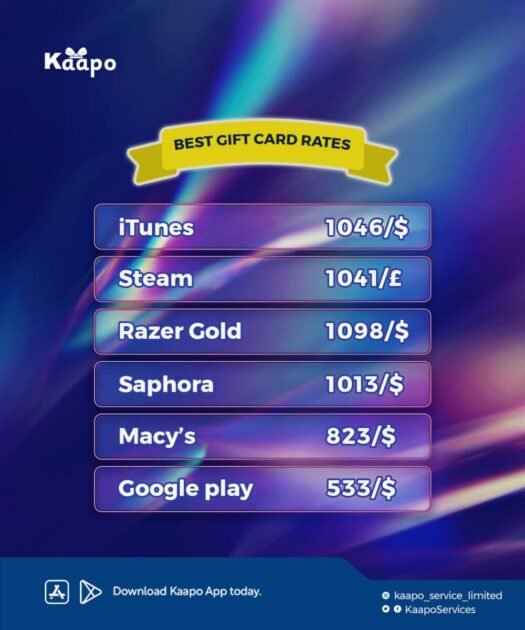Welcome to the era where technology isn’t just a tool; it’s a driving force shaping the contours of our professional destinies. As we stand at the crossroads of the digital age, the influence of technology on career progression is profound and transformative.
Gone are the days when a static skill set could carry you through an entire career. Instead, we find ourselves in a dynamic landscape where the mastery of digital skills, adaptation to remote work structures, and the art of networking in the virtual realm have become essential ingredients for success.
The workforce is no longer confined to the boundaries of brick-and-mortar offices; it has transcended geographical constraints, creating a global talent pool that beckons individuals to explore opportunities beyond their local horizons.
With the advent of artificial intelligence and automation, our workspaces are evolving, offering new roles and demanding a heightened level of adaptability. In this backdrop of change, the ability to continuously learn, coupled with a delicate balance between technological proficiency and soft skills, emerges as the compass guiding us through the uncharted territories of career progression.
Digital Skills as the Currency of the Job Market
The digital revolution has transformed the job market into a highly competitive arena, where possessing the right set of digital skills has become the currency for success. Employers are increasingly seeking candidates who can navigate complex software, analyze big data, and adapt to rapidly evolving technological tools. Whether in marketing, finance, or healthcare, proficiency in digital skills is no longer a luxury but a necessity.

The availability of online courses and certifications has democratized access to these skills, allowing individuals to upskill or reskill at their own pace. Platforms like Coursera, LinkedIn Learning, and Udacity offer a plethora of courses covering everything from coding to data analysis. Embracing these opportunities not only enhances one’s current job performance but also future-proofs their career against the uncertainties of technological disruption.
Remote Work and the Global Talent Pool
Advancements in technology have redefined the traditional work environment, paving the way for remote work to become a mainstream option for professionals across industries. The COVID-19 pandemic accelerated this shift, forcing companies to adapt to remote work models. The result is a global talent pool where geographical boundaries no longer restrict career opportunities.
Remote work not only provides flexibility in terms of location but also fosters a culture of diversity and inclusion. Companies can now tap into a diverse range of talents from different corners of the world, bringing in varied perspectives and approaches to problem-solving. For individuals, this means the ability to explore job opportunities without the need to relocate, opening doors to a wider range of possibilities.
Networking in the Digital Age
Networking has always been a cornerstone of career progression, and in the technology age, it has evolved into a dynamic and accessible practice. Social media platforms like LinkedIn, Twitter, and professional forums enable individuals to connect with industry peers, potential mentors, and recruiters. Building and nurturing a digital network has become as important as attending physical networking events.
Moreover, technology has given rise to virtual events, webinars, and online conferences, providing opportunities for professionals to engage with industry leaders and stay updated on the latest trends. Leveraging these digital networking avenues can lead to valuable connections, mentorship opportunities, and even job offers. The key lies in actively participating in relevant conversations, sharing insights, and maintaining a professional online presence.
AI and Automation: Enhancing Efficiency and Creating New Roles
The integration of artificial intelligence (AI) and automation in the workplace has raised concerns about job displacement. However, a closer look reveals that these technologies are not just eliminating jobs but also creating new roles and opportunities. Tasks that are repetitive and time-consuming can now be automated, allowing professionals to focus on more complex and creative aspects of their work.
For individuals looking to progress in their careers, understanding how to work alongside AI and automation is crucial. This may involve acquiring skills in managing and implementing these technologies, as well as adapting to the changing nature of roles within organizations. The ability to collaborate with intelligent systems can enhance efficiency and make individuals more valuable assets to their employers.
Continuous Learning and Adaptability
In the technology age, the only constant is change. To thrive in such an environment, professionals must embrace a mindset of continuous learning and adaptability. The half-life of skills is shrinking, making it imperative for individuals to stay abreast of industry trends and emerging technologies. Online learning platforms, industry conferences, and workshops provide avenues for staying updated and acquiring new knowledge.
Adaptability is equally crucial. The ability to pivot, learn new tools, and navigate evolving job requirements sets individuals apart in a dynamic job market. Employers value professionals who demonstrate resilience in the face of change and can seamlessly integrate new technologies into their workflows. Embracing a proactive approach to learning, supported by career coaching in Brisbane or similar services, positions individuals for long-term career success, equipping them with the skills and confidence to navigate the ever-evolving landscape of their chosen field. With the right guidance, professionals can confidently embrace change, turning challenges into opportunities for growth and advancement.
Balancing Technology and Soft Skills
While technological proficiency is essential, the human touch remains irreplaceable in the workplace. Soft skills such as communication, empathy, and teamwork are integral to effective collaboration and leadership. In the pursuit of career progression, individuals must strike a balance between honing their technical skills and nurturing their soft skills.
Technology should be seen as an enabler rather than a substitute for human interaction. The ability to communicate ideas, influence stakeholders, and build relationships is as important as coding or data analysis skills. Professionals who master this balance become well-rounded contributors to their organizations, capable of navigating complex work environments with both technical prowess and emotional intelligence.
Conclusion
In conclusion, the technology age has brought about a paradigm shift in the way we approach career progression. Digital skills, remote work, networking in the digital age, the impact of AI and automation, continuous learning, and the balance between technology and soft skills are all critical elements in this journey. Embracing these aspects strategically empowers individuals to not only survive but thrive in the rapidly evolving landscape of the modern workplace. As we navigate this era of unprecedented change, the ability to harness technology for career advancement becomes a potent tool for realizing professional aspirations.






